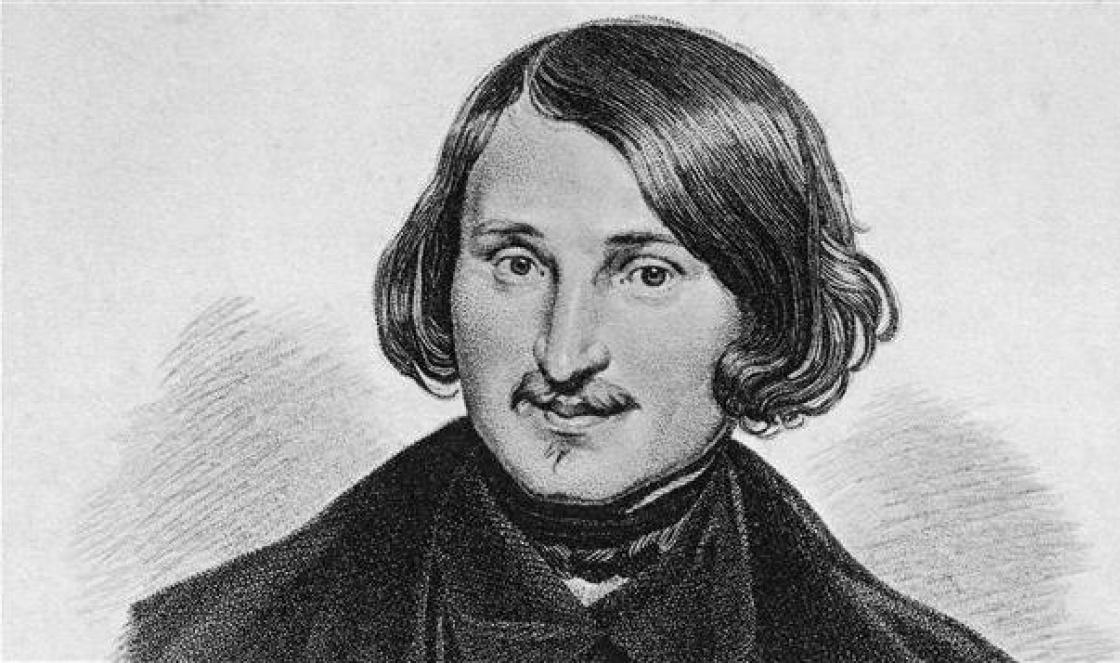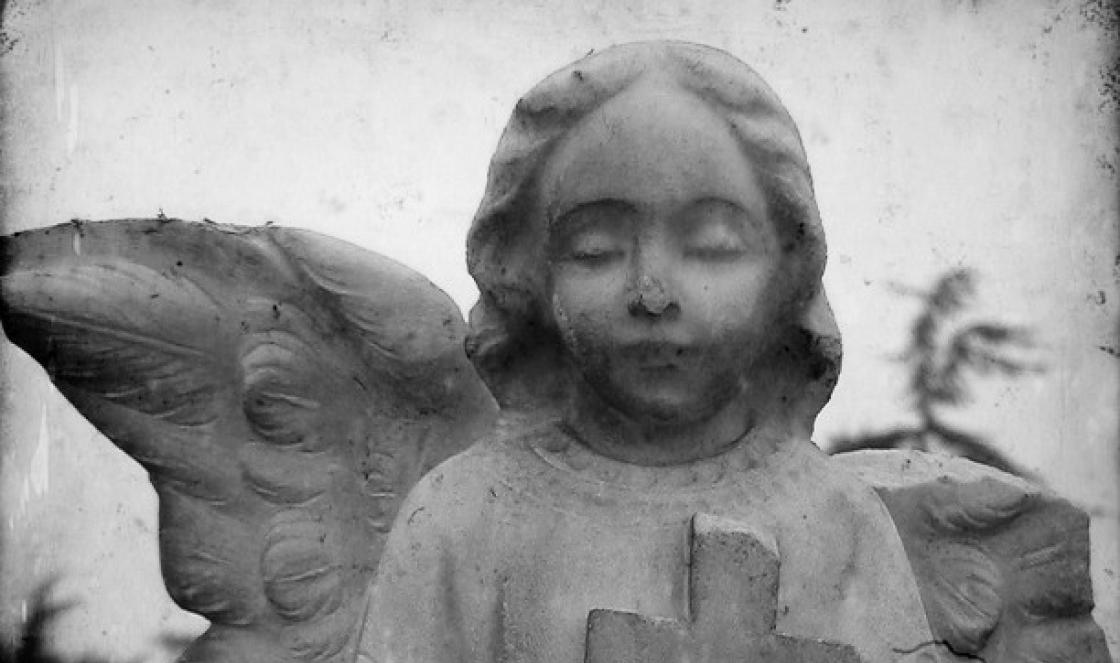
1924–2001
This book contains the story Vasyutkino Lake. His fate is curious. In the city of Igarka, Ignaty Dmitrievich Rozhdestvensky, a well-known Siberian poet, once taught Russian language and literature. He taught, as I now understand, his subjects well, forced us to “wiggle our brains” and not lick textbook presentations, but write essays on free topics. That's how he once offered to write to us, the fifth graders, about how the summer went. And I got lost in the taiga in the summer, I spent many days alone, and I wrote about this about everything. My essay was published in a handwritten school magazine called "Alive". Many years later, I remembered him, tried to restore in memory. And so it turned out "Vasyutkino Lake" - my first story for children.
The stories included in this book were written at different times. Almost all of them are about my homeland - Siberia, about my distant village childhood, which, despite the difficult time and difficulties associated with the early death of my mother, was still surprisingly bright and happy for me.
Vasyutkino lake

This lake cannot be found on the map. It is small. Small, but memorable Vasyutka. Still would! What an honor for a thirteen-year-old boy - a lake named after him! Even if it is not large, not like, say, Baikal, but Vasyutka himself found it and showed it to people. Yes, yes, do not be surprised and do not think that all the lakes are already known and that each has its own name. There are many, many more nameless lakes and rivers in our country, because our Motherland is great, and no matter how much you wander through it, you will always find something new and interesting.
The fishermen from the brigade of Grigory Afanasyevich Shadrin - Vasyutka's father - were completely depressed. Frequent autumn rains swelled the river, the water rose in it, and the fish began to catch badly: they went to the depths.
Cold frost and dark waves on the river made me sad. I didn’t even want to go outside, let alone swim into the river. The fishermen overslept, malted from idleness, they even stopped joking. But then a warm wind blew from the south and smoothed people's faces as if. Boats with elastic sails glided along the river. Down and down the Yenisei came down the brigade. But catches were still small.
“We don’t have luck now,” grumbled Vasyutkin’s grandfather Afanasy. - Father Yenisei has become impoverished. Previously, they lived as God commands, and the fish walked in clouds. And now steamboats and motorboats have scared away all living creatures. The time will come - ruffs and minnows will be transferred, and they will read about omul, sterlet and sturgeon only in books.
Arguing with grandfather is useless, because no one contacted him.
The fishermen went far in the lower reaches of the Yenisei and finally stopped.
The boats were dragged ashore, the luggage was taken to a hut built several years ago by a scientific expedition.
Grigory Afanasyevich, in high rubber boots with turned-up tops and a gray raincoat, walked along the shore and gave orders.
Vasyutka was always a little shy in front of his big, taciturn father, although he never offended him.
- Sabbath, guys! - Grigory Afanasyevich said when the unloading was over. - We will no longer wander. So, to no avail, you can reach the Kara Sea.
He walked around the hut, for some reason touched the corners with his hand and climbed into the attic, correcting the bark on the roof that had moved to the side. Going down the decrepit stairs, he carefully brushed off his pants, blew his nose and explained to the fishermen that the hut was suitable, that it was possible to calmly wait for the autumn fishing season in it, but for now to fish by ferries and ropes. Boats, nets, flowing nets and all other tackle must be properly prepared for the big move of the fish.
The monotonous days dragged on. The fishermen repaired the seine, caulked boats, made anchors, knitted, pitched.
Once a day, they checked the crossings and paired networks - ferries that were set far from the coast.
Valuable fish fell into these traps: sturgeon, sterlet, taimen, often burbot, or, as it was jokingly called in Siberia, a settler. But it's quiet fishing. There is no excitement in it, dashing and that good, labor fun that is torn out of the peasants when they pull out several centners of fish with a half-kilometer net for one ton.
A completely boring life began at Vasyutka's. There is no one to play with - no comrades, nowhere to go. There was one consolation: the school year would soon begin and his mother and father would send him to the village. Uncle Kolyada, the foreman of the fishing boat, has already brought new textbooks from the city. During the day, Vasyutka no, no, and even looks into them out of boredom.
In the evenings, the hut became crowded and noisy. The fishermen had dinner, smoked, cracked nuts, and there were stories told. By nightfall, a thick layer of walnut shells lay on the floor. It crackled underfoot like autumn ice in puddles.
Vasyutka supplied the fishermen with nuts. He has already chopped off all the nearby cedars. Every day I had to climb further and further into the depths of the forest. But this work was not a burden. The boy liked to wander. He walks through the forest alone, sings, sometimes fires from a gun.
Vasyutka woke up late. There is only one mother in the hut. Grandfather Athanasius has gone somewhere. Vasyutka ate, leafed through his textbooks, tore off a sheet of the calendar and noted with joy that there were only ten days left until the first of September.
The mother said unhappily:
- You have to prepare for the study, and you disappear into the forest.
- What are you, mother? Who needs to get the nuts? Must. After all, the fishermen want to click in the evening.
“Hunt, hunt!” We need nuts, so let them go. They got used to pushing around the boy and littering in the hut.
The mother grumbles out of habit, because she has no one else to grumble at.
When Vasyutka, with a gun on his shoulder and a bandolier on his belt, looking like a stocky, little peasant, left the hut, his mother reminded him sternly:
- You don’t go far from the ventures - you will perish. Did you take bread with you?
- Why does he need me? I bring it back every time.
- Do not speak! Here's the edge. She won't crush you. For centuries it has been so established, it is still small to change the taiga laws.
You can't argue with your mother here. This is the old order: you go into the forest - take food, take matches.
Vasyutka obediently put the piece of bread into the sack and hurried to disappear from his mother's eyes, otherwise he would find fault with something.
Whistling merrily, he walked through the taiga, followed the markings on the trees and thought that, probably, every taiga road begins with skids. A man makes a notch on one tree, moves away a little, pokes another ax with an ax, then another. Other people will follow this person; they will knock the moss off the deadwood with their heels, trample down the grass, berry bushes, imprint footprints in the mud - and you will get a path. The forest paths are narrow, winding, like wrinkles on the forehead of grandfather Athanasius. Only other paths become overgrown with time, and the wrinkles on the face are hardly overgrown.
A tendency to lengthy reasoning, like any taiga dweller, appeared in Vasyutka. He would have been thinking about the road and about all sorts of taiga differences for a long time, if not for a creaky quacking somewhere above his head.
“Kra-kra-kra! ..” - rushed from above, as if a strong bough was being cut with a blunt saw.

Vasyutka raised his head. At the very top of an old disheveled spruce I saw a nutcracker. The bird held a cedar cone in its claws and yelled at the top of its voice. Her friends responded to her in the same way. Vasyutka did not like these impudent birds. He took off his gun from his shoulder, took aim and clicked his tongue, as if he had pulled the trigger. He did not shoot. His ears have already been flogged more than once for wasted cartridges. The thrill of the precious "supply" (as the Siberian hunters call gunpowder and shot) is firmly driven into Siberians from birth.




